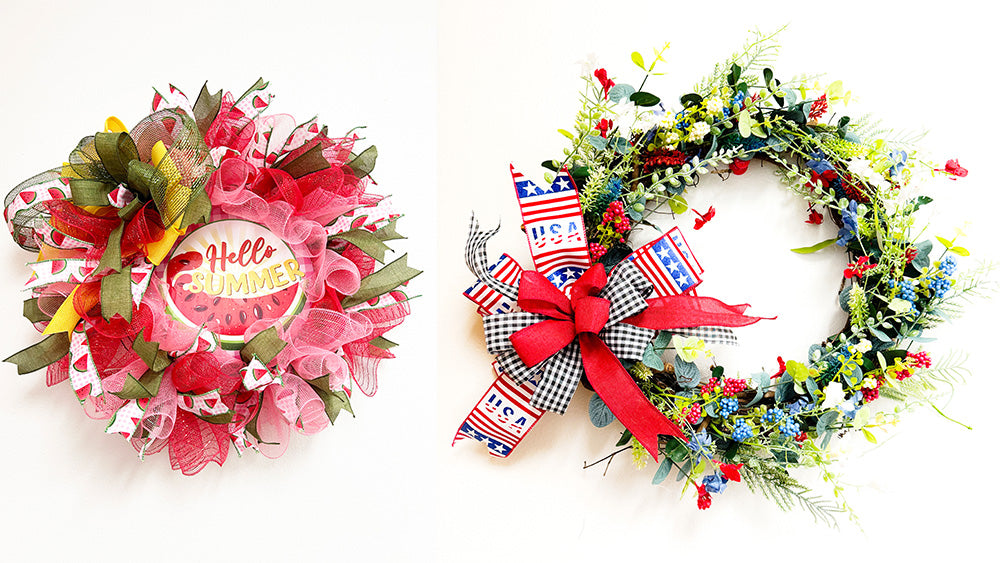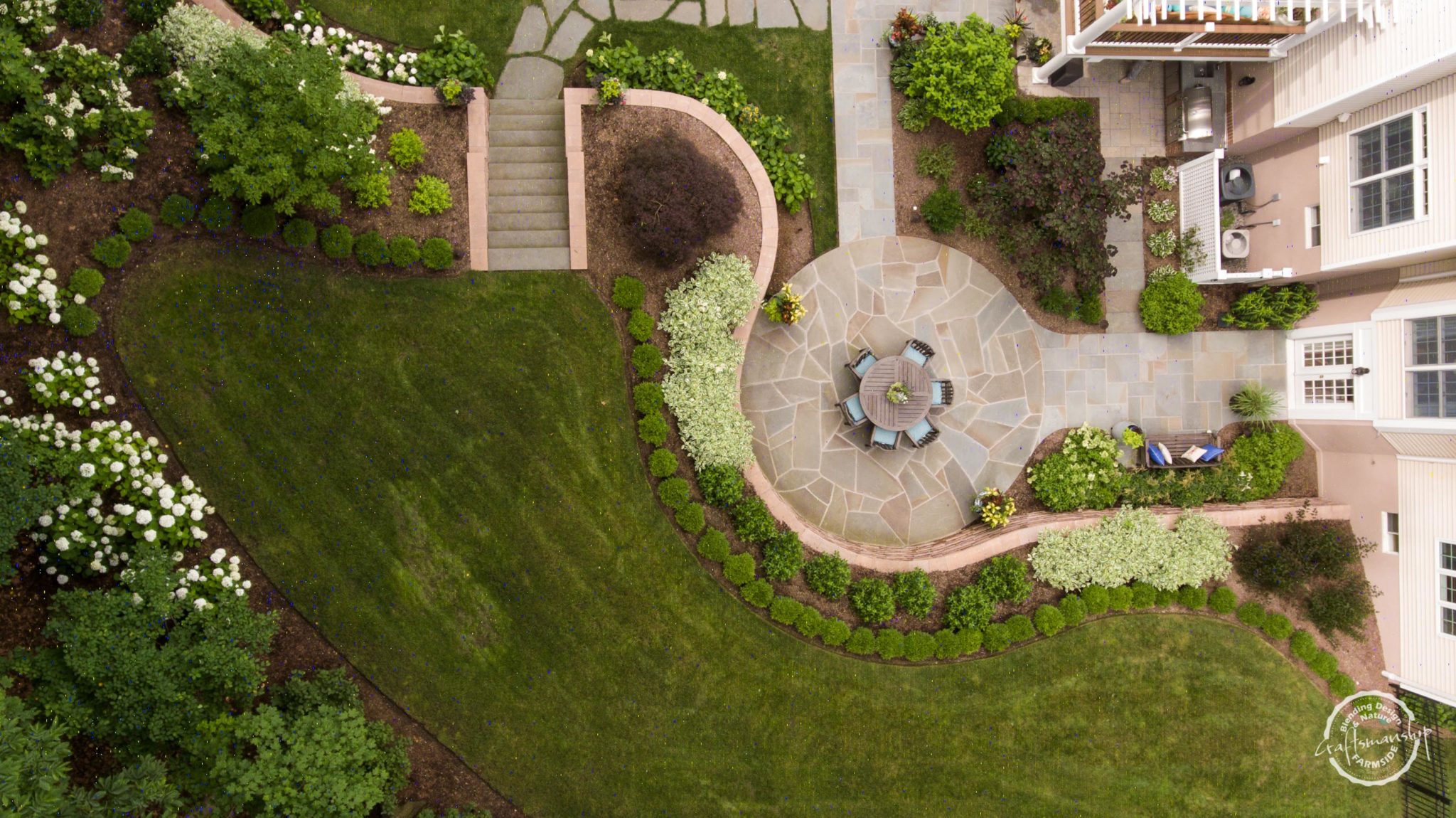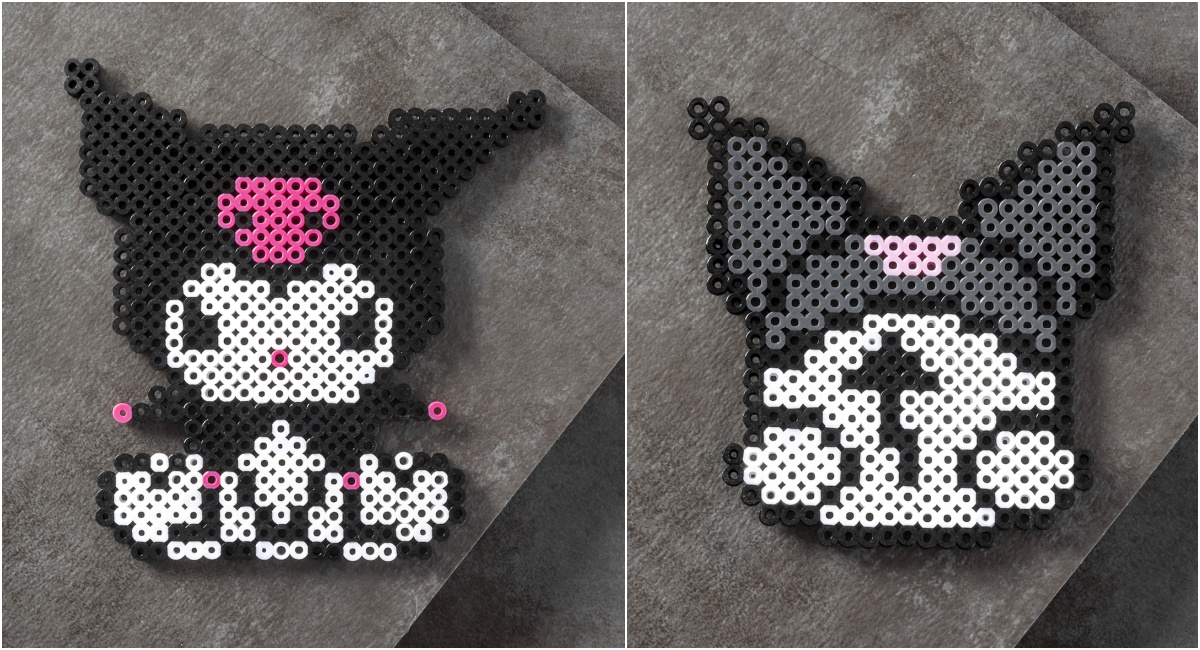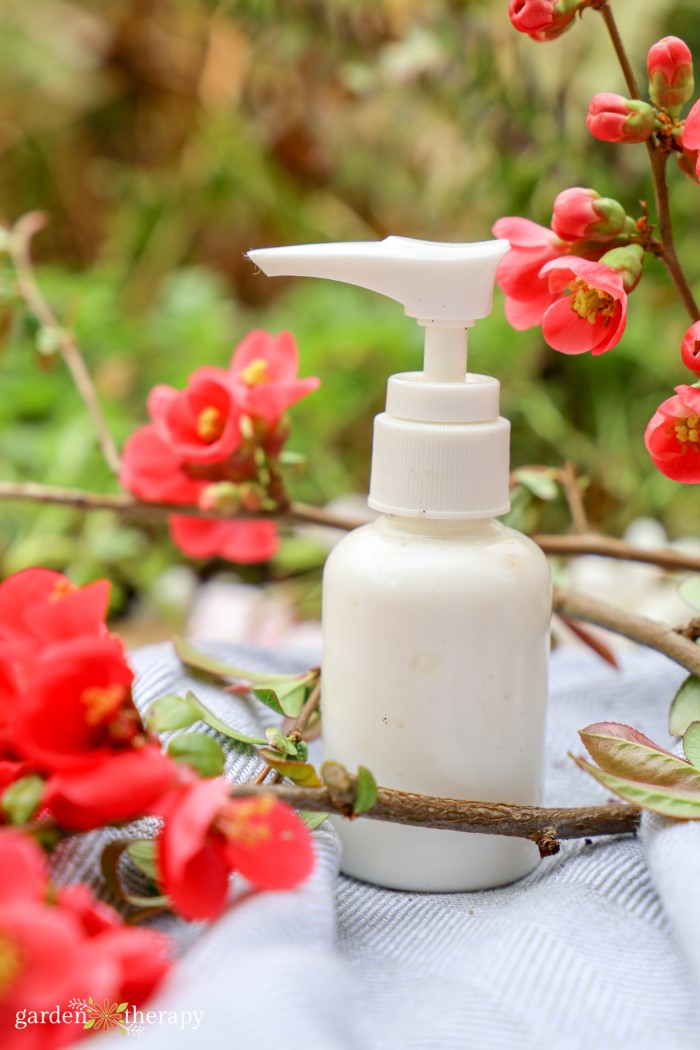[ad_1]
Welcome to Half 1 of our 2 half mini-series on Indicators of Hassle in Your Panorama!
Bugs, fungus, drought, warmth, flooding – there are such a lot of elements that may have an effect on the well being and great thing about your panorama. Indicators of hassle will be apparent – like holes in leaves which have been chewed by bugs, however different will be extra refined, like leaf mottling, and even complicated like figuring out if yellow leaves are from an excessive amount of or too little water.
After all, one of the simplest ways to maintain your landscaping wholesome and looking out nice is to begin off with the best plantings to your particular planting zone and panorama and soil sort. Listed here are some useful ideas:
Go for Native – Native plantings are at all times a great place to begin – they’ve confirmed to have the ability to adapt to our seasonal patterns which may embrace chilly, snowy winters, scorching humid summers and durations of drought and flooding.Perceive your web site location – Orientation (North, South, East, West) plus the quantity of solar and shade your planting web site receives are essential elements in your panorama success. As an example, whereas you will have an space that provides partial shade, if that spot is a western location that receives its solar time through the intense warmth of late afternoon, it might be an excessive amount of for vegetation that require partial shade.Know Your Soil Sort – Heavy clay or easy-draining sand? Acid or alkaline? Understanding your soil’s pH degree (you will get take a look at kits out of your Extension Workplace) and drainage can assist you to find out which vegetation will thrive greatest in addition to whether or not or not you have to amend the soil with vitamins and/or components to assist loosen/stabilize the soil for higher drainage/moisture retention, respectively.
Even with one of the best location, soil well being and plant choice, issues within the backyard can nonetheless come up attributable to:
HeatDroughtToo a lot rainHumidityInsect infestationDiseaseCompacted soilDepleted soil nutrientsPhysical injury (youngsters, pets, wildlife, landscaping tools)
Right here’s are some indicators to look out for in your yard which can point out hassle:
Shrubs and Perennials
Examples of issues in shrubs and perennials can embrace leaf yellowing, wilting, dieback, galls or blight and extra. Signs shouldn’t be used alone to diagnose issues since they are often the results of a number of points. As an example, wilting can happen attributable to drought, borer, canker, root rot, and so on.
Moreover, signs on one a part of the plant can seem attributable to injury on a unique a part of the plant. Leaf wilt will be brought on by clearwing borers feeding on the stem, or Botryosphaeria canker.
The situation of the injury on the plant, the kind of injury, and the signs and indicators are vital clues in figuring out the right prognosis of the issue. Here’s a record of frequent points:
Anthracnose: A gaggle of fungal illnesses that always begin as leaf spots or fruit rots however may additionally transfer into petioles, twigs and branches, in the end inflicting cankers or blighting.Blight: The progressive discoloration, dieback and demise of plant components. Could embrace wilting and/or demise of leaves, stems, flowers or whole vegetation. Blight could also be a secondary symptom of stem canker or root rot. Causes embrace borer and stem girdling bugs; fungal and bacterial pathogens; root rots.Blotch: Giant and irregularly formed spots or lesions, generally attributable to fungal or bacterial illness.Bronzing: Copper or bronze coloration of leaves or needles brought on by mites or pathogens.Browse Injury: Injury from deer, rabbits, squirrels, rodents, and so on. feeding or nibbling on vegetation.Canker: A localized, cracked or sunken lesion on a department, stem, or trunk leading to blight or dieback brought on by bacterial or fungal pathogens.Cracking: Poor pruning, string trimmer injury, or different harm coupled with climate extremes may cause the growth of what might need been a minor harm. This may occasionally outcome from winter harm, earlier bodily harm and/or completely different progress charges in adjoining tissue.Defoliation: Lack of leaves attributable to insect infestation, pathogens, warmth stress.Dieback: The gradual however progressive demise of particular person branches or shoots from ideas towards the principle stem. Typically main to say no. Causes embrace exterior accidents, fungal illnesses, root rots, and so on.Epinasty: An irregular, downward-curving progress or motion of a leaf ensuing from extra fast progress of cells on the higher aspect than on the decrease aspect of the leaf stalk brought on by herbicides or viruses.Gall: A swelling or outgrowth of plant tissue that may happen as a response to an harm, bugs, or pathogens.Honeydew: The sticky, dew-like fluid launched from the stomach of bugs like aphids and mealybugs.Leaf Scorch: Yellowing, browning and demise of leaf tissue from the margin inward. Attributable to drought, nutrient deficiencies, fungal and bacterial illnesses.Leaf Spot: Localized destruction of the plant’s chlorophyll by the feeding of bugs or pathogens together with fungi, micro organism, nematodes, viruses, spider mites, lacebugs, thrips and extra.Mosaic: Darkish inexperienced, gentle inexperienced, and/or yellow areas forming a variegated sample brought on by a virus.Powdery Mildew: White, powdery spores of fungi seen to the bare eye.Ringspot: A target-like sample of yellow, inexperienced or lifeless tissue generally brought on by viruses.Skeletonization: Feeding between the leaf veins by bugs similar to Japanese beetle or sawflies.Sooty Mould: Seems as a tremendous coating of soot on the leaf floor brought on by fungi residing within the “honeydew” of aphids or scale bugs.Wilt: Lack of rigidity and drooping of plant components brought on by drought, bugs, nematodes, pathogens (fungi and micro organism).
Keep tuned for subsequent week after we carry you Half 2 the place we shall be masking Bushes and Lawns!
[ad_2]
Source link
























